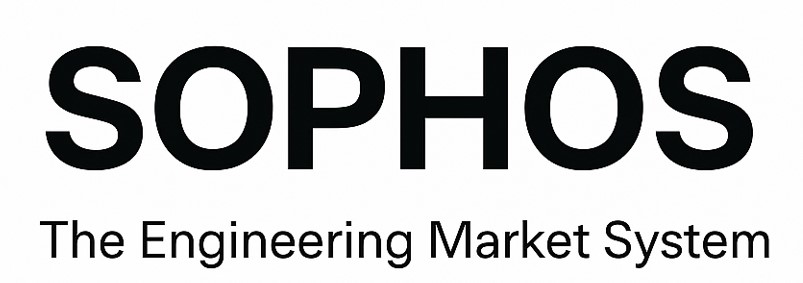Gambling
Trading vs. Gambling: The Critical Distinction
Introduction
The most common reaction when someone hears "stock market" or "trading" is: "That's gambling." The identification is understandable, but incorrect. Gambling and trading may look similar on the surface — both involve money and uncertainty — but their essence is entirely different. The distinction is critical, because if you treat trading as gambling, you will practice it as gambling and lose. If you treat it as a disciplined system, you can win.
What Is Gambling
Gambling is based on luck. The player has no control over the probabilities:
-
They cannot determine risk with precision.
-
They cannot increase statistical probability in their favor.
-
The casino always has the advantage ("house edge").
Example: In roulette, the percentage in favor of the casino is predefined. The player cannot change it. The longer they play, the more certain it is that they will lose.
What Is Trading with Method
Trading, when done with a system, is the opposite process:
-
Risk is predefined through stop-loss.
-
The profit target is a multiple of the risk (3R, 5R, 7R, even 15R).
-
Entry occurs only when there is a confirmed trend.
Here, the investor has the advantage: they are not playing against a "casino," but exploiting the natural movement of the market.
The Illusion of Similarity
Why do people confuse trading with gambling?
-
Both involve uncertainty.
-
Both can result in winning or losing money.
-
Both create tension and emotion.
But this similarity is superficial. In essence:
-
In gambling, the odds are against you.
-
In trading with a system, you can put the odds in your favor.
Where the Average Investor Fails
Most who enter the markets behave like gamblers:
-
They act without rules.
-
They do not use stop-loss.
-
They hope instead of measure.
Thus, they end up confirming the stereotype: "Trading = gambling." In reality, the problem is not trading — it is gambling behavior.
Sophos: Anti-Gambling
Sophos was designed precisely to remove the characteristics of gambling:
-
Every position has a clear stop-loss → you know the maximum risk in advance.
-
The profit target is a multiple → one success covers many failures.
-
Positions open only with the trend → increased probability of success.
-
Execution is automatic → no emotional interference.
Where the casino player is doomed to lose long term, Sophos aims to create long-term advantage.
Example
-
Gambling: You bet €100 on red in roulette. If it lands, you win +€100. If not, you lose –€100. The odds in your favor? Not 50%. They are 48.6%, with 51.4% in favor of the casino.
-
Trading with Sophos: You risk €100 in a position. If it fails, you lose –€100. If it succeeds, you gain +€400 (4R). Even if you lose three times and win once, the result is positive: –100 –100 –100 +400 = +€100.
Conclusion
The critical distinction is clear:
-
Gambling = absence of control, statistical disadvantage.
-
Trading with method = absolute risk control, statistical advantage.
Equating trading with gambling is not only wrong but dangerous. Whoever adopts this view will behave like a gambler and have a gambler's results.
Sophos is the exact opposite: not luck, not betting, only method.

